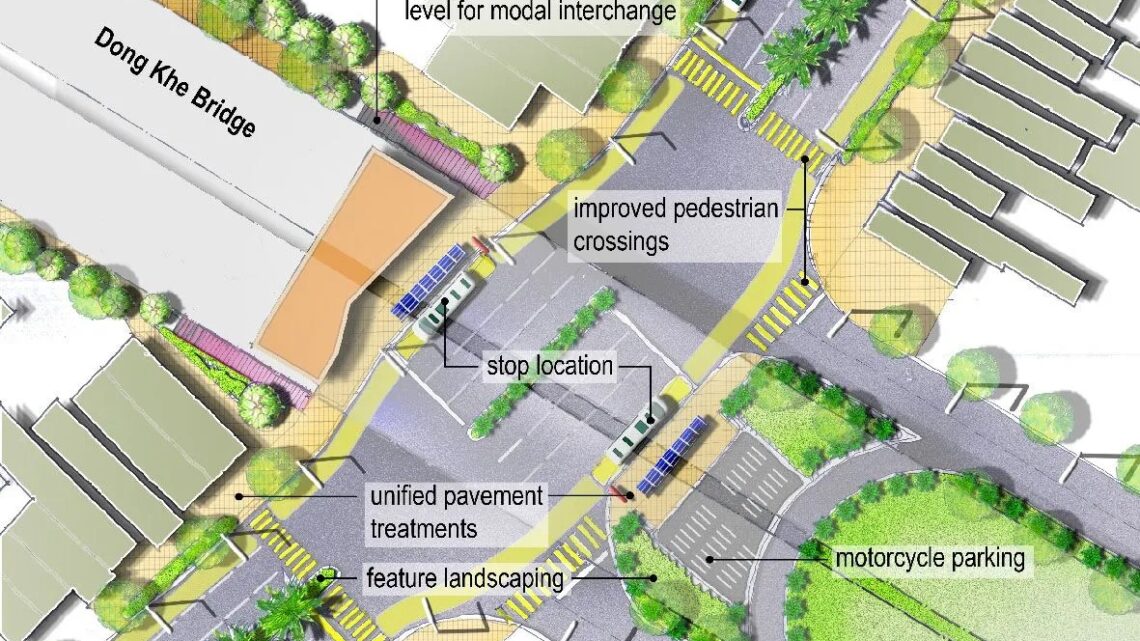
4 Types Of Urban Planning Concepts Explained
Understanding the different types of urban planning concepts is essential to creating successful cities. These concepts include As-of-right zoning, land-use planning, infrastructure planning, and master planning. Using these concepts, cities can create an urban environment that fits their needs. It is important for urban planning to be flexible and adaptive to change and adapt to the world.
Land-use planning
Land-use planning refers to the planning of the use of land. This includes identifying the most common land uses and also considering other uses within specific contexts. Typically, land-use planning is done as part of a comprehensive plan that determines how future land uses will be distributed. Zoning codes are created to implement this vision.
Master planning
Urban planning concepts are important to make decisions on the future development of a community or city. These plans take several factors into account, including zoning requirements and infrastructure, as well as the location of amenities. They involve consultation with government agencies and landowners and may require the help of professional consultants.
Some planning concepts focus on environmental considerations, while others focus on community interaction. This makes it important to involve local business owners and residents in the planning process. By partnering with residents, you can tailor your planning efforts to meet their needs. For example, environmental planning may help clean up certain locations, while changing land use can result in loft apartments.
As-of-right zoning
As-of-right zoning in the city is one of the most common types of development. It allows a property owner to develop land without having to apply for a permit. However, it is not without restrictions. For example, a developer may want to build a warehouse that falls within the M2-1 zoning district. However, this zoning district only allows certain types of industrial uses. However, the developer must still obtain the appropriate permits before building.
Infrastructure planning
When it comes to urban planning, there are different types, and each has its specific strengths and limitations. The equity approach emphasizes the uplift of underrepresented and poor communities. A humanistic approach emphasizes the subjective experience of people rather than objective realities. In other words, the equity approach prioritizes the community’s needs over its own.